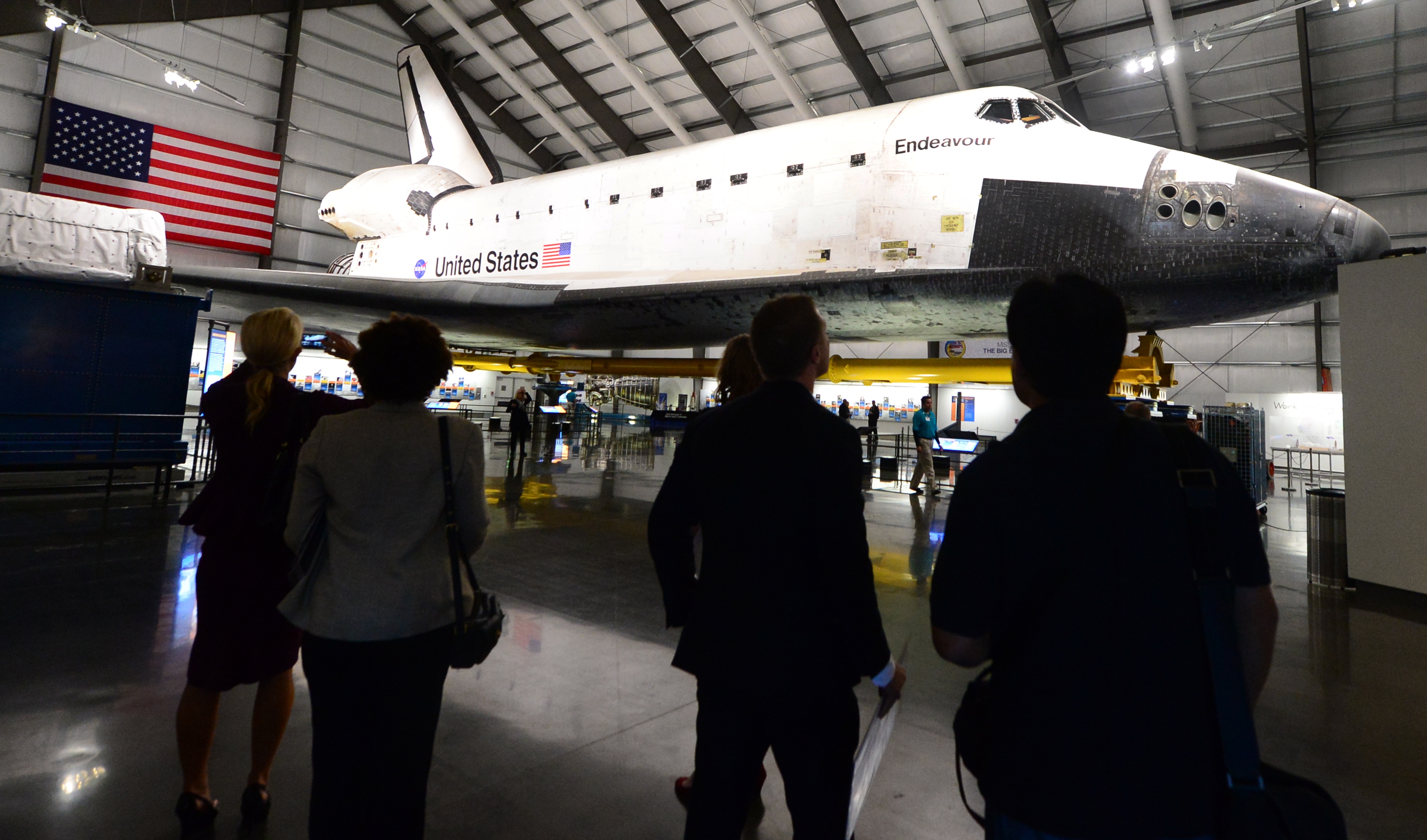Starving the space program
NASA's funding has shrunk to just 0.5 percent of the federal budget. Here's why it deserves more.


Success has many fathers; so do successful space missions. NASA has been basking in widespread applause over the past week, after its New Horizons probe completed a 4.67 billion–mile, 10-year journey to Pluto, revealing unexpected wonders in stunning detail. But New Horizons — like so many other proposed space missions — almost didn't happen.
During the Iraq and Afghanistan wars, the Bush administration tried to defund the Pluto mission twice. Over many decades, Congress and various presidents have cut NASA's funding from 4.3 percent of the federal budget to 0.5 percent today, severely crimping the agency's ambitions and delaying mankind's explorations of the solar system by decades. I find this sad and small-minded. For $720 million, or the cost of about three F-35 fighter jets, NASA just sent a 12-foot spaceship hurtling to the edge of the solar system at 30,000 mph, swooping to within 7,800 miles of Pluto — exactly as planned. Now New Horizons moves on to the Kuiper Belt, the birthplace of comets. What other government program produces such competence, such awe, such bang for the buck?
Our species is rightly called Homo sapiens: We are the creatures who seek to know. Our ancestors wondered what was beyond the horizon, so they wandered out of Africa and kept going until they covered the globe. Now human beings want to know how it feels to walk on Mars, if there's life in the oceans of Europa and Ganymede, and whether we have company in this unimaginably vast universe. NASA even wants to find out if a killer asteroid is headed this way. In a $3.9 trillion federal budget, surely we can find a few billion more for all that.
The Week
Escape your echo chamber. Get the facts behind the news, plus analysis from multiple perspectives.

Sign up for The Week's Free Newsletters
From our morning news briefing to a weekly Good News Newsletter, get the best of The Week delivered directly to your inbox.
From our morning news briefing to a weekly Good News Newsletter, get the best of The Week delivered directly to your inbox.
A free daily email with the biggest news stories of the day – and the best features from TheWeek.com
William Falk is editor-in-chief of The Week, and has held that role since the magazine's first issue in 2001. He has previously been a reporter, columnist, and editor at the Gannett Westchester Newspapers and at Newsday, where he was part of two reporting teams that won Pulitzer Prizes.
-
 6 exquisite homes for skiers
6 exquisite homes for skiersFeature Featuring a Scandinavian-style retreat in Southern California and a Utah abode with a designated ski room
-
 Film reviews: ‘The Testament of Ann Lee,’ ’28 Years Later: The Bone Temple,’ and ‘Young Mothers’
Film reviews: ‘The Testament of Ann Lee,’ ’28 Years Later: The Bone Temple,’ and ‘Young Mothers’Feature A full-immersion portrait of the Shakers’ founder, a zombie virus brings out the best and worst in the human survivors, and pregnancy tests the resolve of four Belgian teenagers
-
 Political cartoons for January 25
Political cartoons for January 25Cartoons Sunday's political cartoons include a hot economy, A.I. wisdom, and more
